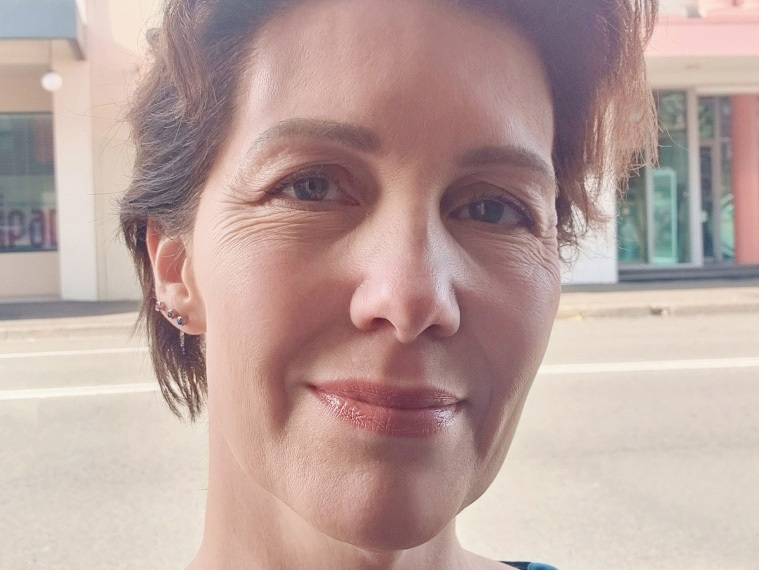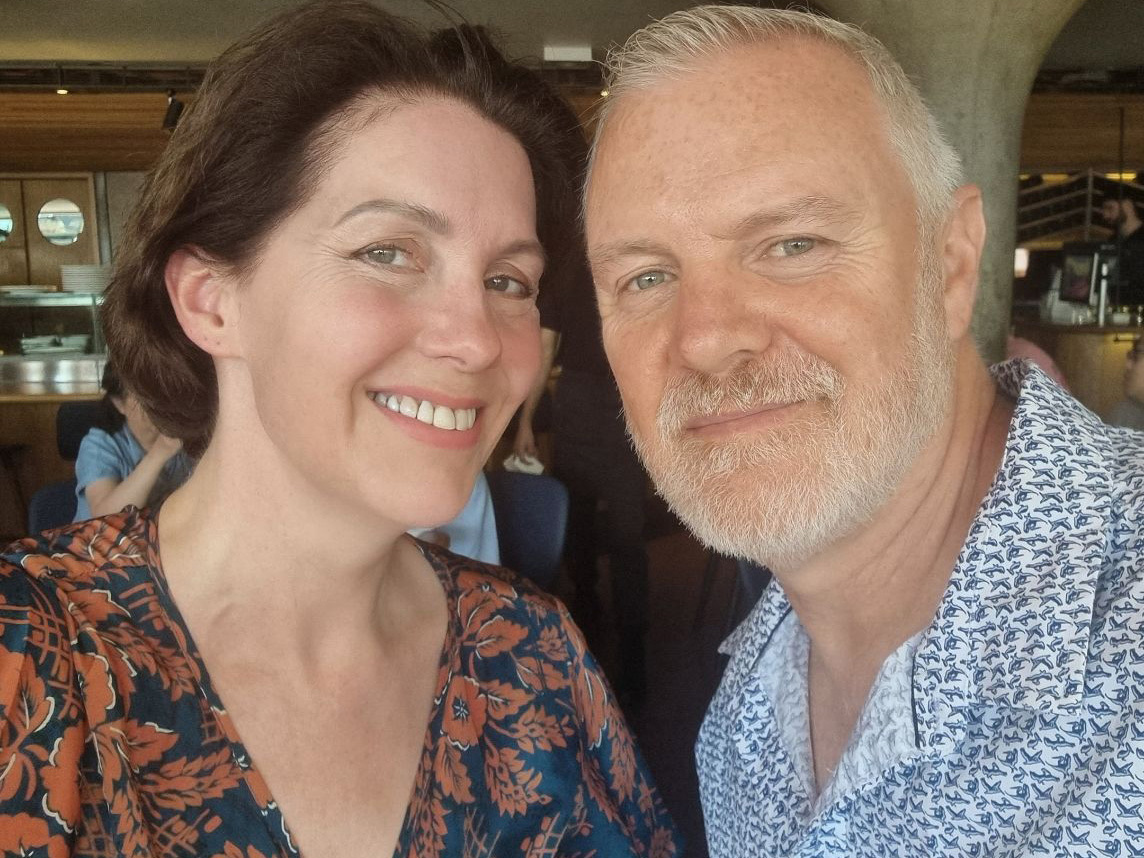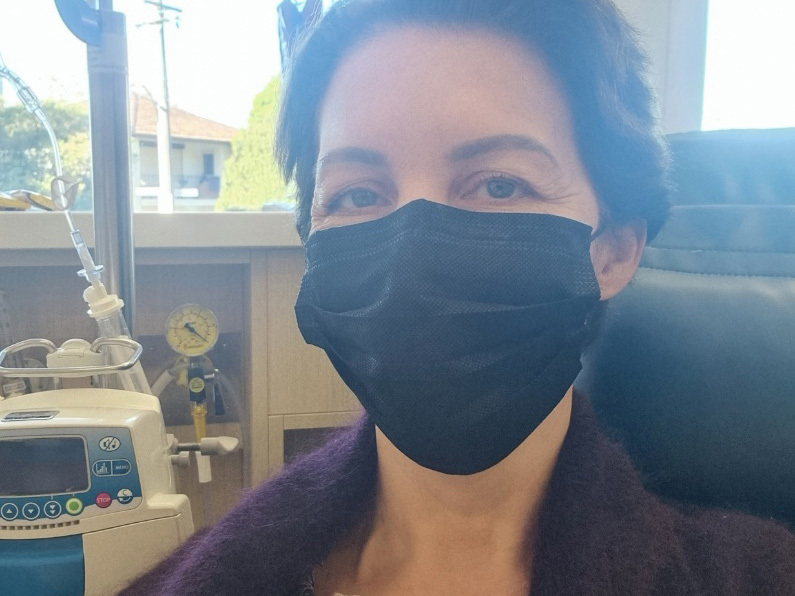If nurse Miriam Van Zanten had been sent a postal test for Australia's second biggest cancer killer a few years ago, she might not now be facing a terminal diagnosis.
But at age 49, the Sydney woman was too young to be eligible for the bowel cancer screening kit.
When she was diagnosed with the disease last year it was already classed as stage 4 and incurable.

The now-50-year-old is now hoping the federal government will implement a new recommendation to lower the bowel cancer screening age from 50 to 45.
It would help diagnose more younger people like her earlier, potentially saving lives.
"I remember receiving my bowel kit in the mail when I was 50. It was too late for me," Van Zanten said.
"I might have very well been diagnosed at stage 1."

Government advice body the National Health and Medical Research Council (NHMRC) announced a recommendation to lower the screening age this week.
That would mean tens of thousands of younger Aussies could get potentially life-saving testing kids in the post every two years.
Disease kills more than 300 young Aussies annually
Bowel cancer charities have been pushing for years for a lowering of the screening age.
The disease kills 5350 Australians every year, including 315 people under the age of 50, Bowel Cancer Australia said.
But Bowel Cancer Australia CEO Julien Wiggins said the government needs to make the next move for the change to actually happen.
"It has been years of tireless advocacy, and we remain grateful to our passionate team of advocates for their support," Wiggins said.
"However, work remains and we are now calling on the federal government to approve, fund and implement a lower National Bowel Cancer Screening Program screening start age to stop people dying from early-onset bowel cancer."
READ MORE: Mum diagnosed with bowel cancer via post
READ MORE: Police lock down streets in Brisbane's north
Aussies aged 40 to 44 would also be able to request to be tested under the new plan.
Bowel cancer rates in younger people have been rising since the 1980s.
There have been scientific breakthroughs but it's incurable unless caught early.
An Australian Government spokeswoman said it is "committed to reducing deaths, and improving outcomes for people with bowel cancer in Australia."
"The Government is carefully considering the implications of the recommendation in the updated Guidelines to lower the eligible age of the NBCSP to 45 years, including the costs and flow on implications for the broader health system," a spokeswoman said.

Meanwhile, by the time Van Zanten was diagnosed after suffering stomach pains and going to hospital, the cancer had also spread to her liver, making it incurable.
That was 18 months ago, and she was told she had a year, maybe two to live.
In December she faced a mammoth 10-hour surgery but the cancer returned, including in her lungs, and she's back on chemotherapy.
Despite all that, she said she's feeling okay.
"I just take every day as it comes I have as much fun as I can while I can," she said.
Do you have a story? Contact journalist Sarah Swain at sswain@nine.com.au
Bowel cancer symptoms
Bowel cancer is the second biggest cancer killer after lung cancer.
However, if caught at the earliest stage, 99 per cent of people survive at least five years.
That drops to 14 per cent at stage four.
One in nine new bowel cancer cases - more than 1700 a year - are in people under 50.
Currently, under the National Bowel Cancer Screening Program (NBSCP), Australians aged 50 to 74 are sent testing kits in the mail to collect a faecal sample that is then posted to a pathology laboratory to be examined.
Blood in stools, unexplained weight loss, abdominal pain, unexplained anaemia and a persistent change in bowel habits can all be signs of the disease.
For more details, visit Bowel Cancer Australia.
from 9News https://ift.tt/fczI3Hs
via IFTTT
Comments
Post a Comment